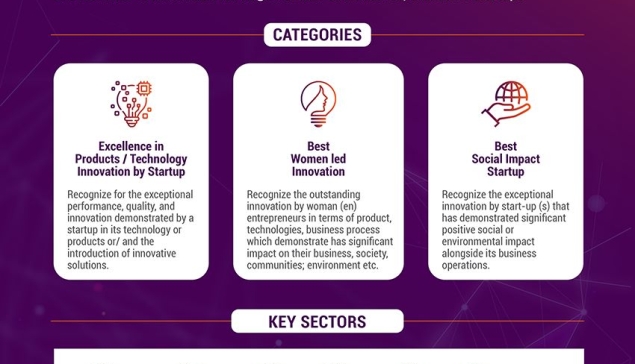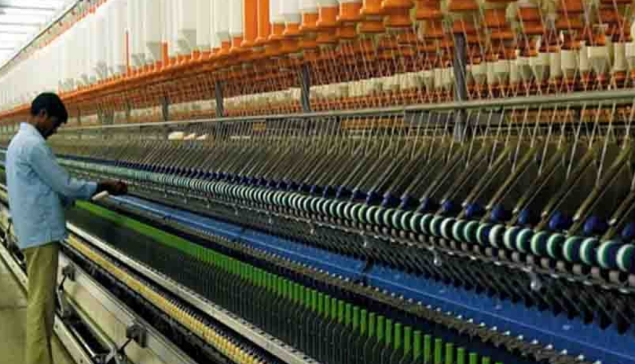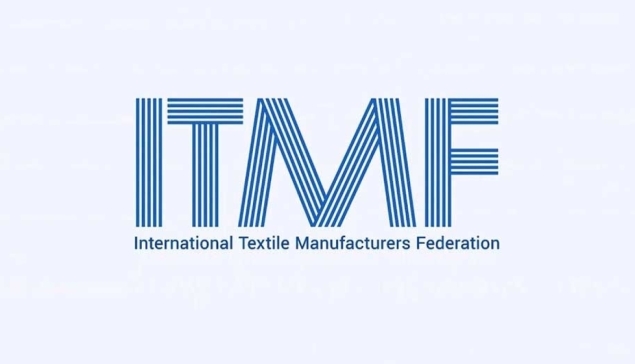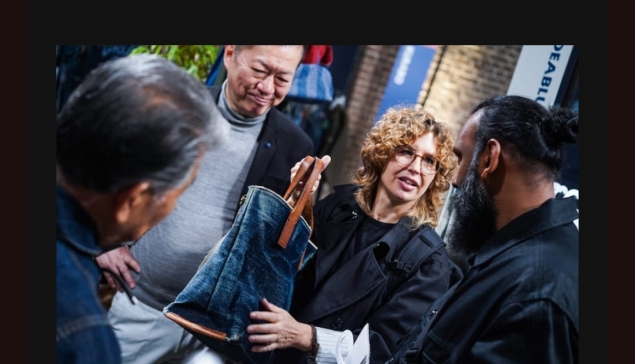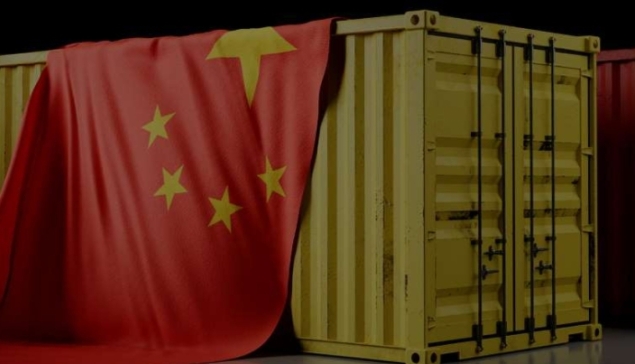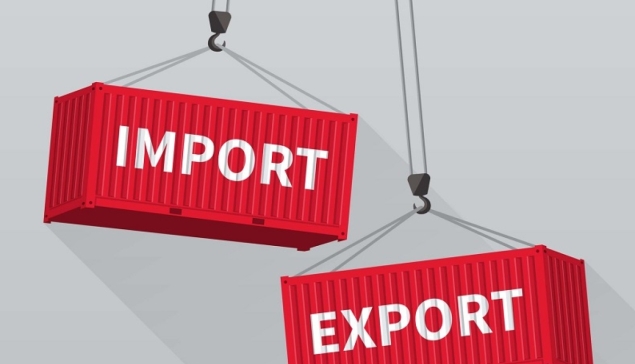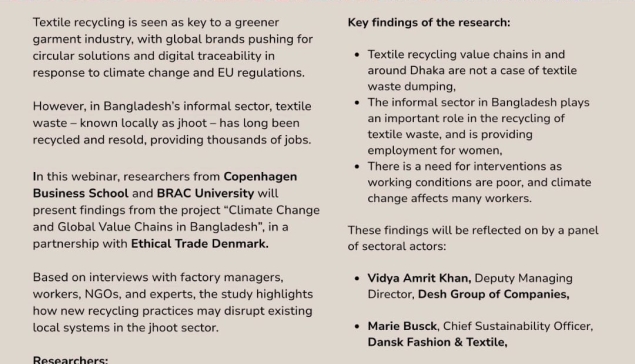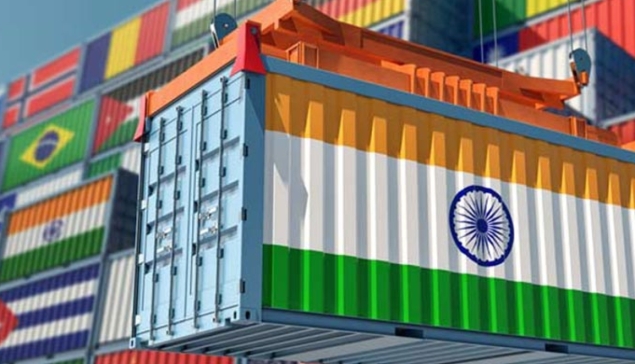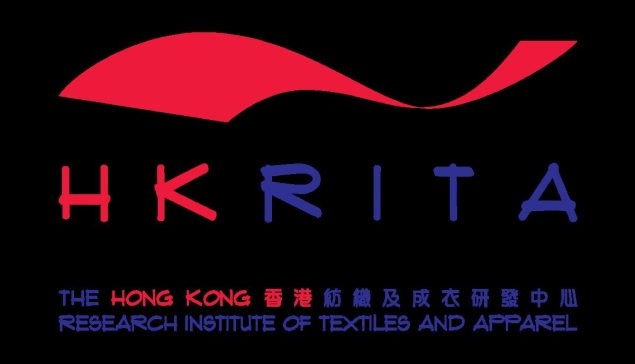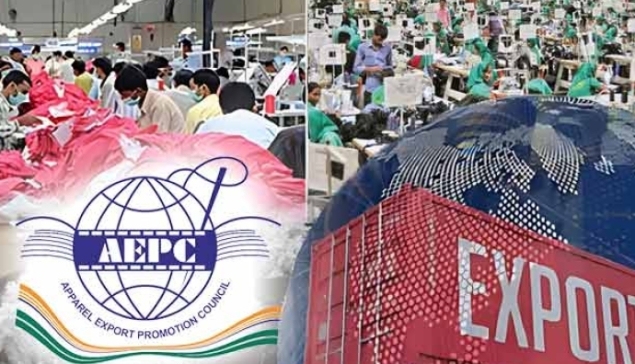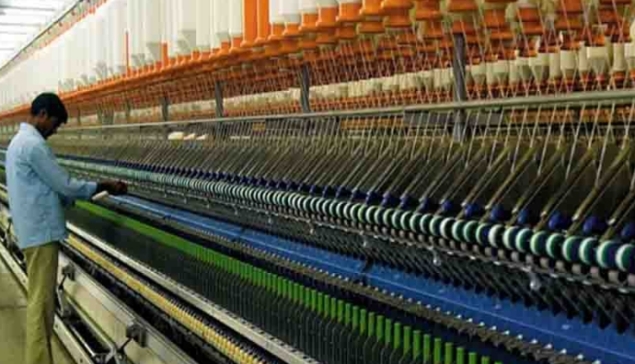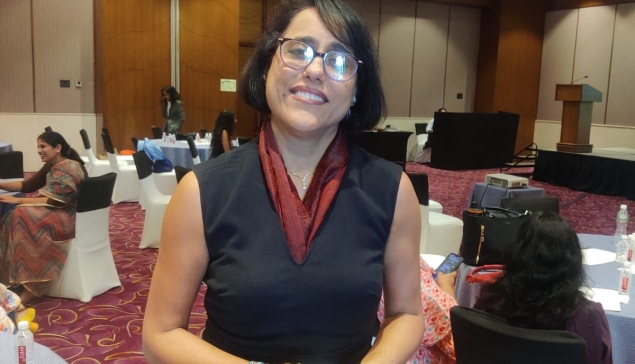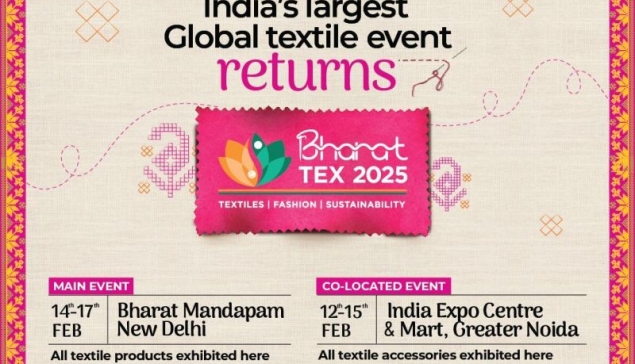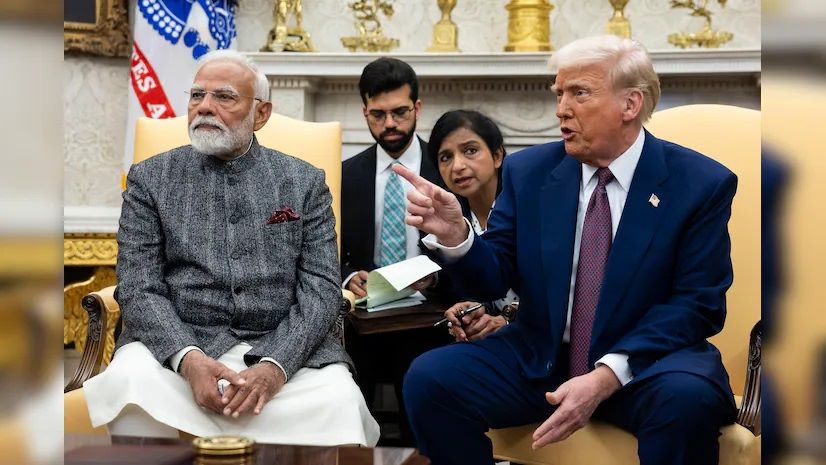To get the best possible trade deal amid the trade uncertainty kicked in by the Trump administration, India is engaging with Washington, considering offering zero-duty imports to the US across multiple sectors, including those supported by the Production Linked Incentive (PLI) scheme, in response to the US's 26% reciprocal tariff.
As there are many give-and-takes in any trade deal, this move aims to accelerate progress toward a bilateral trade agreement (BTA) and amplify economic cooperation between the two nations to mitigate supply shocks.
Key Objectives
Offset the impact of US tariffs
Boost bilateral trade to $500 billion by 2030
Encourage real value creation within Indian industries
Arguably, India is most forthcoming among most nations
Zero-duty imports with strict conditions, including 30-40% domestic value addition and a clear change in tariff classification
Rules of origin to prevent third-country goods from entering India under the guise of US imports
Textile Sector Benefits: Proposed Policy
As per the Trump administration, the mess around unfair tax has been created for decades. Some day has to be cleared. Duty-free access to the US market could significantly increase export volumes, employment, and sectoral revenues, and it will give US workers more jobs and job security, and bring back precision jobs to the US. National security is economic security, and economic security is national security.
India's cost advantage/labor arbitrage in labor and availability of domestic raw materials reinforce its competitive edge globally
The PLI scheme, with a budgetary allocation of ₹10,683 crore for textiles, focuses on scaling production in man-made fiber (MMF) apparel, MMF fabrics, and technical textiles.
Potential Impact: Heightened tariffs are unsustainable
Enhanced investor confidence could lead to the modernization of infrastructure, the wider adoption of advanced technologies, and deeper integration into global value chains
Greater US investment in India's textile manufacturing, particularly for high-quality finished goods
Improved position relative to other major textile-exporting countries
Close on India-States US administration
The talks are very much on, and in all seriousness, the success of the proposed trade agreement will depend on enforcing robust rules of origin and aligning closely with industry stakeholders to identify sectors that can sustainably benefit from zero-duty terms.

